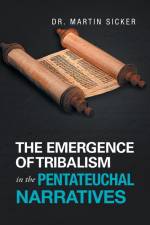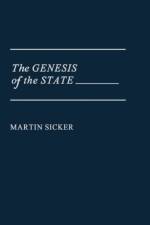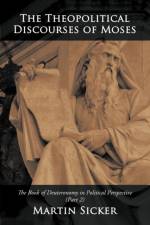- Part Two: Rabbinic Judaism
von Martin Sicker
29,00 €
Pharisaic Judaism, discussed in part 1 of this study, was an inseparable element in the political history of the Second Hebrew Commonwealth. With the destruction of the Second Temple in Jerusalem, along with the skeleton of what was once a Jewish state, Judaism entered a period of crisis far more severe than experienced with the destruction of the First Temple, along with the First Hebrew Commonwealth. Pharisaic Judaism, integral to the now nonexistent Jewish state, of necessity gave way to Rabbinic Judaism, which, as a minority religious culture, took root primarily in the enclaves of Jews strewn throughout the diaspora with little or mostly no control over their very existence. And in the absence of a centralized religious authority such as the Sanhedrin in the Temple complex, Jewish communities throughout the Diaspora developed different religious customs, traditions, and in some instances, belief systems, all nominally based on the core teachings of Scripture. Part 2 of this study of the evolution of Judaism from Ezra to the present day will attempt to trace significant developments along that evolutionary path from the transition from Pharisaic to Rabbinic Judaism, that is, Judaism as understood by the different schools of rabbis, as decisors, scholars, and teachers over the past two millennia.






























